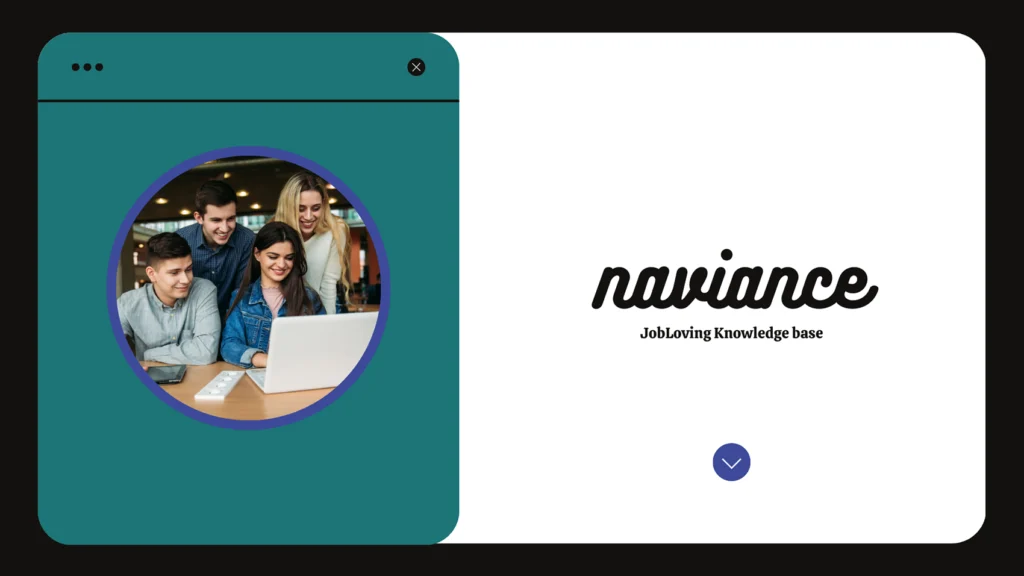Do Colleges See Your Interest Level on Naviance? The Great Naviance Mystery Unveiled (Spoiler Alert: It’s Complicated)
Let’s talk about the elephant in the digital classroom: Naviance. It’s that mysterious online platform that seems to hold the key to your college dreams. You’ve heard whispers about it, maybe even filled out a few personality quizzes and added some colleges to your “favorites” list, but you’re still left wondering: Do colleges actually see your interest level on Naviance?
The answer, my friend, is not as simple as a yes or no. It’s more like a “maybe, sometimes, and it depends.”
Think of Naviance like a well-meaning, but slightly confused, middle schooler who wants to help you with your college applications. It’s got a lot of information, but it’s not always sure how to share it. Just like that awkward middle schooler, Naviance can be a little confusing, even if you’ve been using it for years.
Here’s the lowdown:
- The good news: Your high school’s counselors and teachers can see your Naviance profile, including your college list, interests, and even those personality quizzes you took (don’t worry, they’ve probably seen it all). They use this information to write recommendations and advise you on your college choices.
- The bad news: Colleges generally don’t access your Naviance profile directly. They rely on your official transcripts, test scores, and application materials (like the Common App) for their admissions decisions.
So, why the fuss?
Well, the thing is, Naviance can be a useful tool for demonstrated interest, a term that sends shivers down the spines of many college applicants. Demonstrated interest is basically showing colleges you’re genuinely interested in attending their school. It’s like politely waving at a college from afar, hoping they notice you and want to get to know you better.
Colleges don’t openly admit to using demonstrated interest as a major factor in admissions, but they do pay attention to signs of genuine interest. Some of the ways you can demonstrate interest include:
- Visiting campus: This is the ultimate way to show interest. It’s like saying, “Hey, I’m serious about you, I’m willing to travel to see you.”
- Attending virtual events: Even though you can’t physically be on campus, you can still engage with colleges through webinars, online presentations, and virtual tours.
- Reaching out to admissions staff: Don’t be afraid to send an email or schedule a meeting with an admissions counselor. Ask questions, show your enthusiasm, and let them know you’re interested in their program.
Now, back to Naviance:
While colleges don’t see your Naviance profile directly, your high school’s counselor might mention your interest in a particular college in their recommendation letter. Think of it this way: your counselor is like a friendly neighborhood gossip, sharing tidbits about your college aspirations with the admissions team.
So, does this mean your Naviance profile doesn’t matter? Nope! It’s still a valuable tool for you, the student. Think of it as your own personal college guide:
- College Search: Naviance can help you find colleges that match your academic profile and interests. It’s like having a super-smart college matchmaker at your fingertips.
- Career Exploration: You can take career interest inventories, explore different career paths, and even connect with professionals in your field of interest. It’s like a career guidance counselor in your pocket.
- College Planning: Naviance can help you stay organized with deadlines, application materials, and even financial aid information. It’s like having a personal assistant for your college journey.
But remember:
- Always double-check your information: Naviance is not foolproof. Make sure your academic information, like your test scores and transcripts, is accurate and up-to-date. Colleges will rely on official sources, so don’t rely on Naviance for the final word.
- Don’t solely rely on Naviance: It’s just one tool in your college planning arsenal. Don’t overlook other resources like college websites, college fairs, and even talking to your classmates about their experiences.
- Focus on your application: Ultimately, your success in college admissions depends on your application materials and your ability to showcase your strengths and interests. Naviance can be a helpful tool, but it’s not a magic bullet.
In conclusion:
Naviance is a powerful tool that can help you navigate the college application process, but it’s not a magical portal that grants you instant admission. Focus on building a strong application, showing genuine interest in the colleges you’re applying to, and don’t forget to take advantage of the resources available to you.
Is Naviance confusing? Do you have more questions about the college application process? Don’t worry, you’re not alone! We’re here to help you navigate this exciting (and sometimes stressful) journey. Join the JobLoving community today for more tips, advice, and support in your college search.

